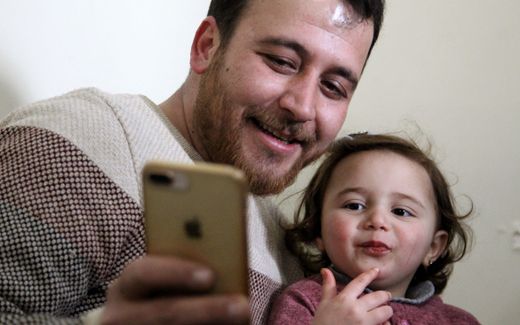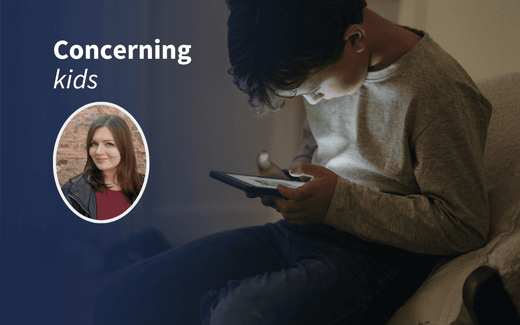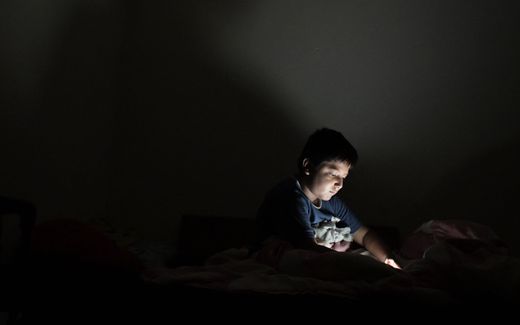Parents poison their children by their own smartphone use

Photo iStock
Christian Life
Beep. Beep. Beep. Our lives are filled with notifications that chase us day and night. This is the impact that parents' smartphone use has on a family.
Stay up to date with Christian news in Europe? Sign up for CNE's newsletter.
I am writing this article on my laptop. Meanwhile, music plays through my headphones from a desktop app, and my smartphone sits beside me, ready to notify me of any updates. My children are sitting close-by, busily drawing with their paper and crayons — their tools are entirely analogue. I, however, am hyperconnected.
This scenario happens often. And I am sure I’m not the only one who experiences this. However, recently, I was struck by reading an article written by the Emeritus Director of Neuroscience and Mental Health at Sacco Hospital in Milan, published in a prominent Italian newspaper.
The researcher highlighted an emerging area of concern: What are the consequences for children and adolescents exposed to parents excessively absorbed in technology?
There’s a term for this phenomenon: “technoference.” It describes the interference in parent-child relationships caused by technology. According to studies, technoference has a deep and lasting impact on the psyche of children whose parents spend more than five hours a day on their smartphones.
Dependency
Research indicates that hyperconnected parents have fewer conversations with their children, fail to play with their children often enough, and are more distracted from their children’s material and emotional needs.
This parental behaviour pattern can lead to conditions such as depression, anxiety, hyperactivity, and inattentiveness in children. Moreover, children who sense a lack of attention from their parents may develop feelings of insecurity and low self-esteem, often imitating their parents’ compulsive use of technology.
In the United States, this dependency on social media has contributed to a mental health crisis among young people.
Reflection
While these findings are alarming, they may also oversimplify the issue by attributing all mental health challenges in children and adolescents to parental use of technology. Yet, the studies prompted me, as a Christian mother, to reflect on my own use of technology in relation to my children.
Nowadays, distancing ourselves from our smartphones is incredibly challenging. Emails, notifications, work chats, and social media feeds are constantly present. In the whirlwind of modern life, everything feels urgent and necessary. Before you know it, you are physically present with your children but mentally lost in the digital world.
I admit that I, too, am often drawn into apps, social media, and countless other distractions while sitting beside my kids. The temptation to pick up my phone at any given moment is a persistent struggle.
These studies reveal that as Christian parents in today’s world, we face new temptations and challenges in fulfilling our responsibilities — just as parents in past eras faced their own trials. We must remain vigilant in this area to uphold the commandment to care for the well-being and education of our children.
By reflecting on our technology habits, we can better prioritise what truly matters and nurture meaningful, attentive relationships with our children.
Related Articles









